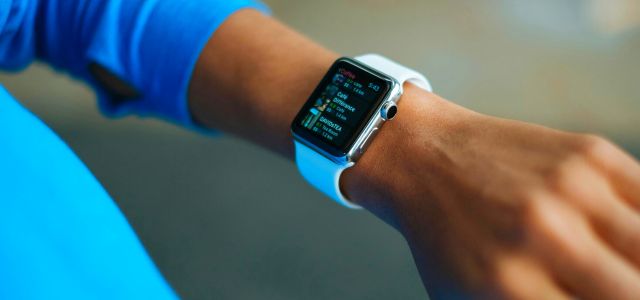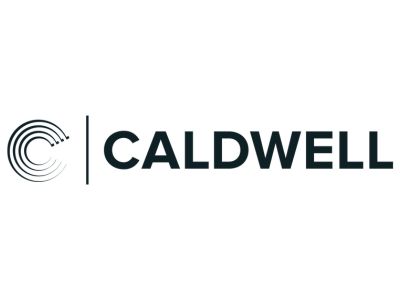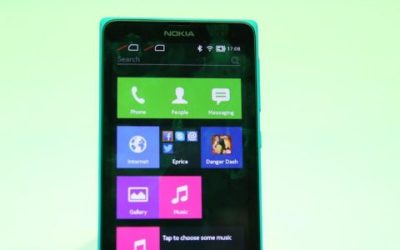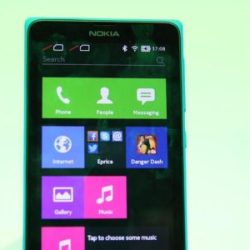After a recent ruling from the United States International Trade Commission (ITC), Apple will be barred from importing certain Apple Watch products into the United States (US) starting on December 26, 2023.
Masimo, a California-based medical technology company, filed its ITC Complaint against Apple in August 2021. The Complaint alleged that Apple was importing into the US “certain light-based physiological measurement devices and components” that infringed five Masimo patents. Last week, the ITC ruled in Masimo’s favor, holding that certain components of the Apple Watch infringe two of Masimo’s patents related to pulse oximetry. Along with the infringement holding, the ITC issued a limited exclusion order prohibiting the unlicensed entry of infringing Apple Watches into the US. Notably, the exclusion order applies to the Watch’s pulse oximetry features, not the Watch itself.
The ITC
The ITC is a governmental agency based in Washington DC that enforces acts of unfair competition, including patent infringement, under Section 337(a) of the Tariff Act. Unlike US District Courts, which may order monetary relief to a patent owner in an infringement action, the ITC possesses an arguably harsher power: if it determines that imported products infringe a valid and enforceable US Patent, it can issue an exclusion order, banning the importation of those products into the US. Before issuing an exclusion order, the ITC considers the effect of the product’s exclusion on public health and welfare. Additionally, the President may veto an exclusion order within 60 days of the ITC’s determination.
What’s next for Apple?
As of now, US Customs and Border Protection will begin enforcing the ITC’s exclusion order on December 26, 2023. The ITC ruling does not mean that the Apple Watch is altogether banned from US entry. Rather, the ITC order is applicable specifically to the pulse oximetry features. As such, Apple may continue to import Watches without those features.
Additionally, President Biden has until December 26 to reverse the exclusion order; however, a Presidential ban seems unlikely. Yet, President Obama vetoed an ITC exclusion order in 2013 which would have otherwise halted imports of the iPhone and iPad (there were likely strong public policy reasons to issue the veto in that instance).
Next, Apple can appeal the ban to the US Court of Appeals for the Federal Circuit and indicated that it intends to do so—an appeal, however, cannot be filed until after the 60-day Presidential review period. Further, an appeal to the Federal Circuit does not provide Apple with immediate relief. It could take well over a year for the Federal Circuit to issue a decision, and whether the ITC’s exclusion order is stayed during Federal Circuit review is not guaranteed.

Written by Jameson Pasek
Director | Litigation Practice, Caldwell
You may also like…
Pravin Anand conferred with the APAA Enduring Impact Award
Pre-eminent IP Lawyer and Managing Partner of Anand and Anand, Mr Pravin Anand, has been conferred with the...
The quiet power of confidentiality clubs in SEP litigation
In standard essential patent (SEP) disputes, especially those involving FRAND (Fair, Reasonable, and...
A $10 million patent win reduced to a $1 lesson in damages
In a decision that will resonate as a stark warning to patent litigants, the US Court of Appeals for the Federal...
Contact us to write for out Newsletter














